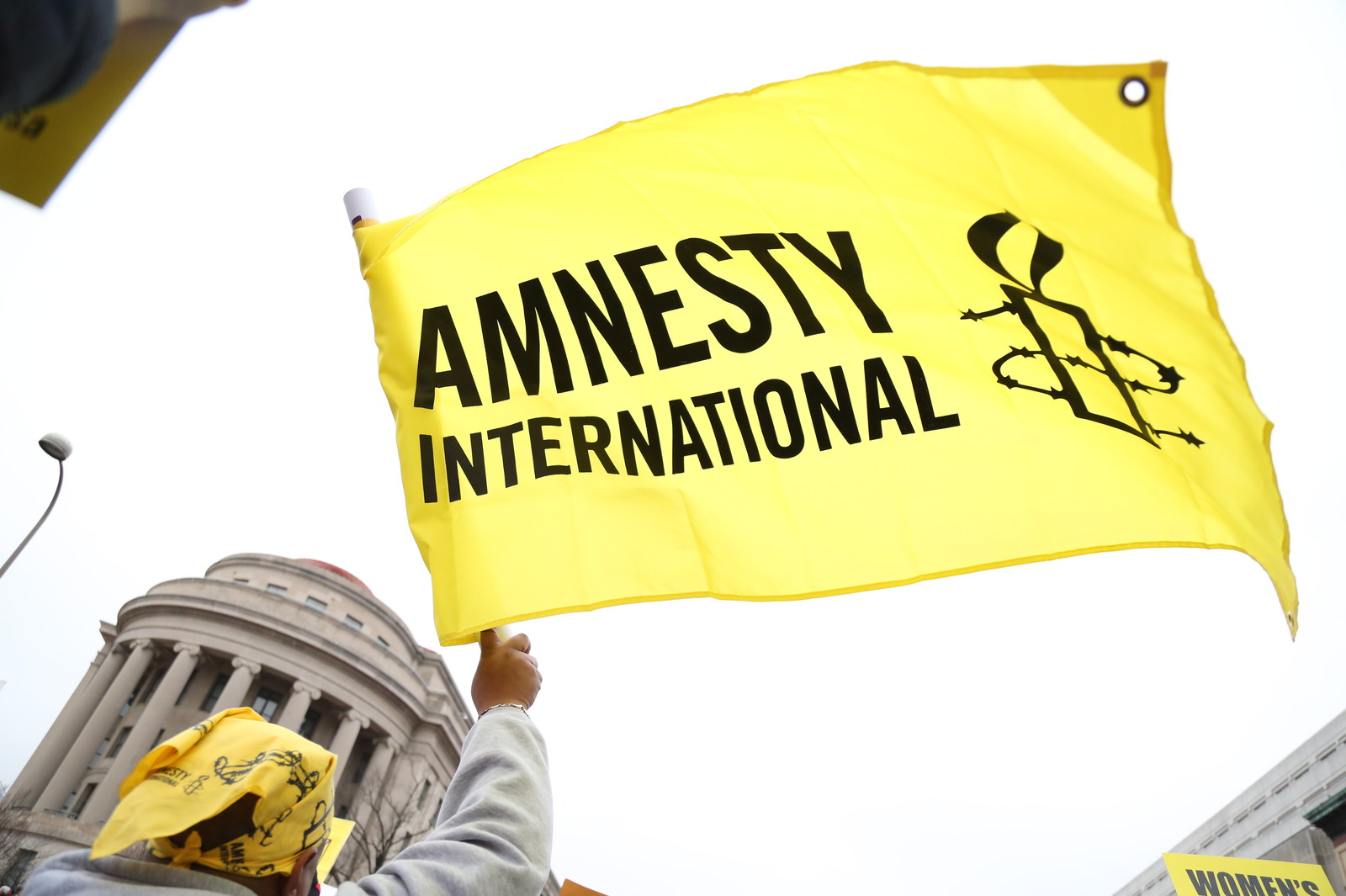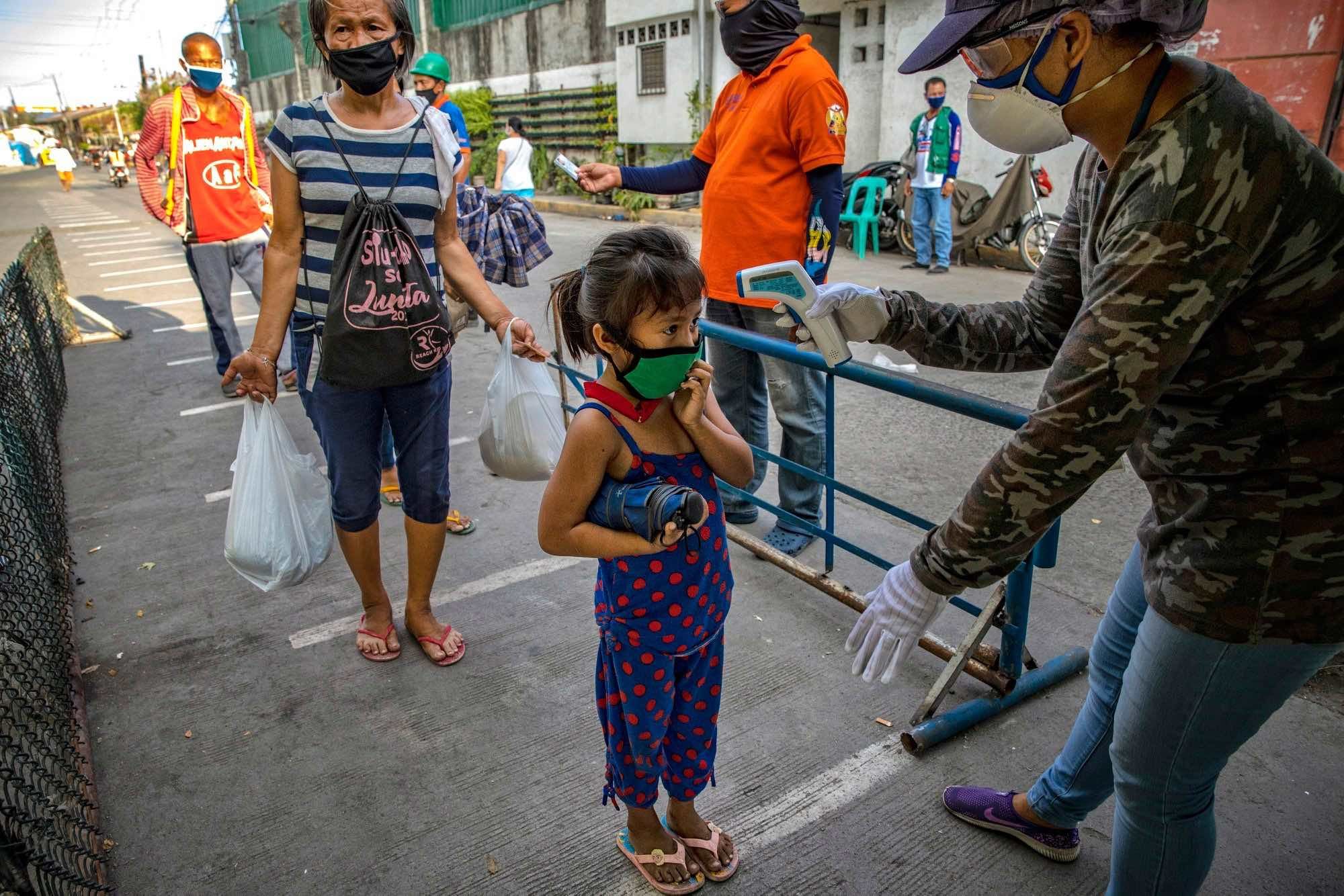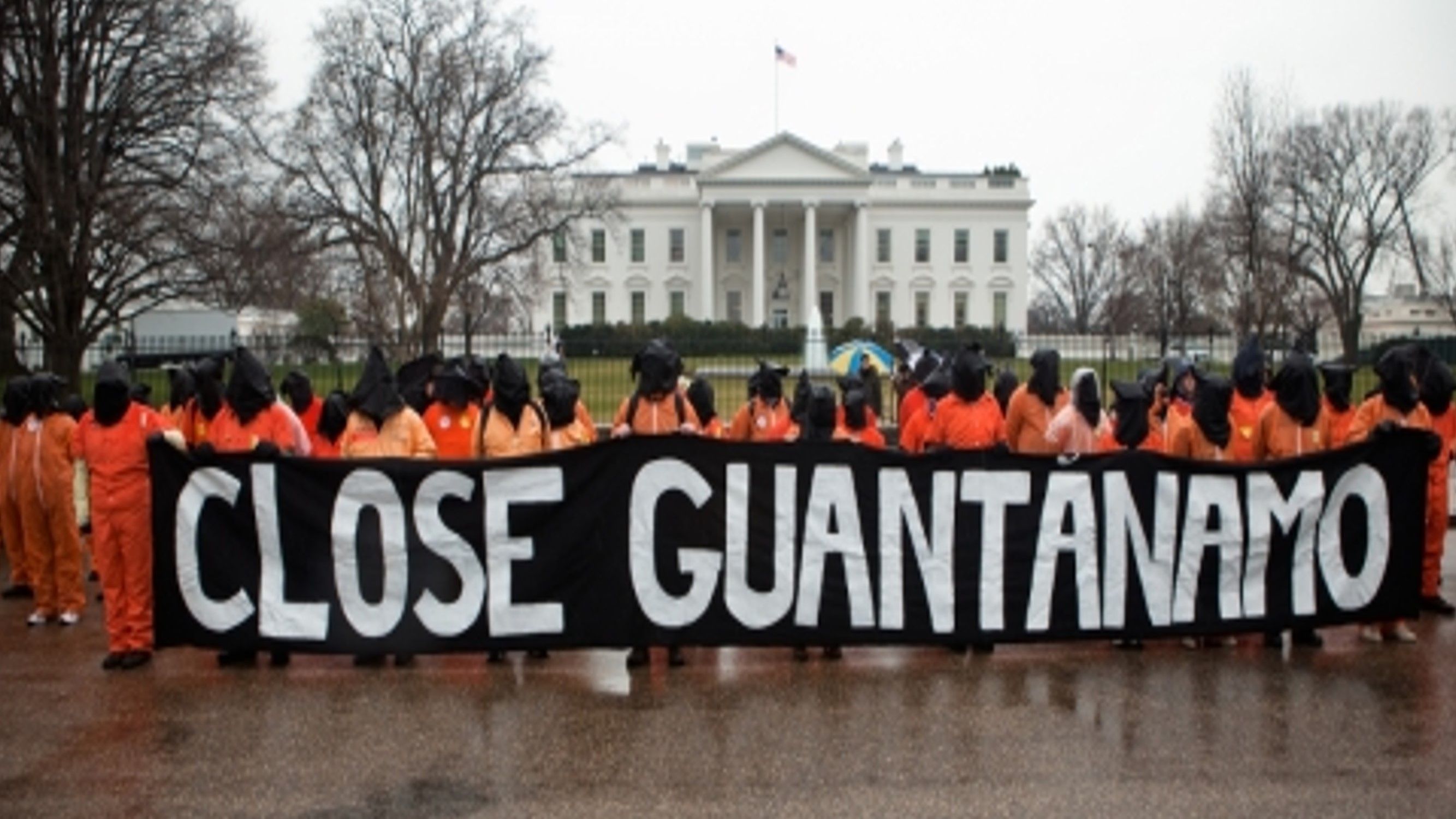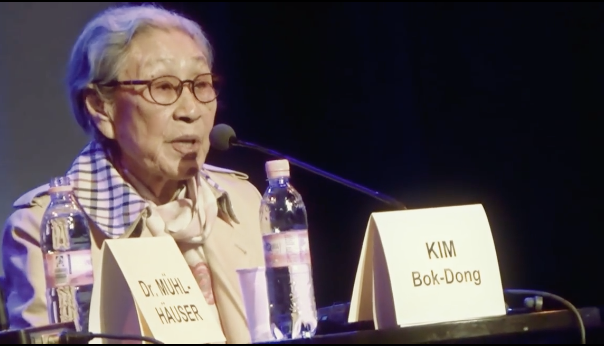Why Does Human Rights Education Matter?
2 April 2024
Amnesty International Thailand
Human rights are inherent to every individual from birth, regardless of race, religion, or gender. Everyone is equal. The state has a duty to respect, protect, and facilitate access to these rights with dignity. Citizens, in turn, must not infringe upon the rights of others.
The importance of human rights is enshrined in the Universal Declaration of Human Rights, proclaimed by the United Nations General Assembly on December 10, 1948. It has been 75 years since human rights have acted as a great umbrella for other rights that followed suit.
However, violations of human rights persist in various forms by individuals and organizations. Why does this happen, and how can awareness of human rights be promoted among all parties?
"Human Rights Classroom" - Human Rights Education
One of the most feasible ways to raise awareness about human rights in general is through human rights education initiatives. Amnesty International's Human Rights Education team has established "Human Rights Classrooms" focusing on learning processes that respect rights, such as participation, creating spaces for exchange, and respecting diversity. The curriculum design includes human rights learning processes for students from secondary to university levels. Currently, more than 40 educational institutions, including schools, universities, and various organizations, have collaborated on this initiative.
So, what is a "Human Rights Classroom"? This question can be answered simply with the following equation:
Human Rights Education = I + You + Recognize + Respect + Rights and Responsibilities
Amnesty International organizes human rights education through learning in schools, extracurricular learning, or self-learning. In the year 2023, there was an increase in support, with 4,524 individuals participating in "Human Rights Classrooms" from across the country.
People are Eager to Learn
The increased interest in human rights is partly due to the major youth political movements in 2020 and also because human rights issues directly impact us.
Having human rights classrooms or human rights education addresses the needs of youth and the community, fostering learning to coexist with respect, even though there may be differences in some aspects.
"Fon- Alisa Bindusa," a coordinator for the group of volunteer lawyers for human rights in the Southern region, has been interested in human rights since her student days. She observed that after the awakening of the younger generation in the past 2-3 years, "the concept of human rights has become more accessible, and people are interested in learning. This increased interest has led to a higher demand for human rights classrooms”. She noticed this change while working with activists who were interested in organizing human rights classrooms. This is different from before when people were not interested or didn't know how to approach this concept. However, at the same time, as interest in human rights has increased, we have also seen an increase in violations and threats.
Violations or threats sometimes occur easily in everyday life, where people are not aware of diversity and equality, especially regarding gender identity. "Kyoka" - Plaifa Chotirat, an 18-year-old Thai-Japanese activist advocating for the rights of gender diversity, emphasizes the importance of teaching human rights.
"I define myself as non-binary (someone who doesn't fit into male or female categories). I've had short hair and been teased by friends as being a boy. When I told my friends that I'm an LGBTQ+ activist, they often asked if it's because I'm gay or lesbian. I don't want to be labeled like that. My name is Kyoka, and I want them to call me by my name. The reason such incidents still occur is that schools do not prioritize teaching human rights."
Quality Life with Children's Rights
"Oat-Jinnawat Choiklai," a researcher and psychologist at Siriraj Hospital, working with vulnerable groups, those facing violence, protesters, etc., notices that understanding someone isn't just about understanding what's specific to them but also considering societal constructs. Before anyone can ask for help, they are repeatedly suppressed. As psychologists, we must guide those impacted by violations or societal issues to understand themselves and the societal construction, along with learning their rights.
Oat discovered that many times, even after providing full assistance to those who seek help, they still come back with the same problems. This made Oat begin to wonder if there is something in society that prevents them from overcoming these issues. After studying more, Oat realized that one tool to ensure children receive all the things they need to grow up healthy and have a good quality of life is called "Children's Rights." One significant difference between children and adults is that children cannot vote, which affects their lives until they turn 20 years old. Therefore, it is essential to prioritize their voices because it represents one-third of their lifetime.
Due to his interest in children's rights and gender diversity issues, Oat, who identifies as LGBTQ, has been affected by discriminatory language, societal structural issues, and negative childhood experiences. Oat tried




